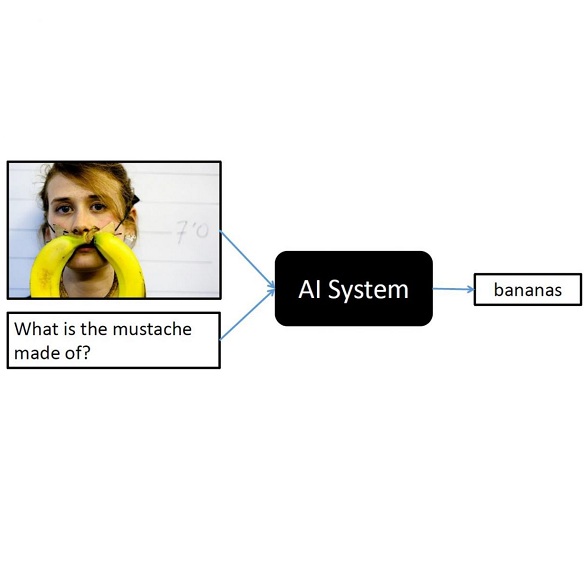Classical-quantum hybrid algorithms have recently garnered significant attention, which are characterized by combining quantum and classical computing protocols to obtain readout from quantum circuits of interest. Recent progress due to Lubasch et al in a 2019 paper provides readout for solutions to the Schrodinger and Inviscid Burgers equations, by making use of a new variational quantum algorithm (VQA) which determines the ground state of a cost function expressed with a superposition of expectation values and variational parameters. In the following, we analyze additional computational prospects in which the VQA can reliably produce solutions to other PDEs that are comparable to solutions that have been previously realized classically, which are characterized with noiseless quantum simulations. To determine the range of nonlinearities that the algorithm can process for other IVPs, we study several PDEs, first beginning with the Navier-Stokes equations and progressing to other equations underlying physical phenomena ranging from electromagnetism, gravitation, and wave propagation, from simulations of the Einstein, Boussniesq-type, Lin-Tsien, Camassa-Holm, Drinfeld-Sokolov-Wilson (DSW), and Hunter-Saxton equations. To formulate optimization routines that the VQA undergoes for numerical approximations of solutions that are obtained as readout from quantum circuits, cost functions corresponding to each PDE are provided in the supplementary section after which simulations results from hundreds of ZGR-QFT ansatzae are generated.
翻译:暂无翻译



